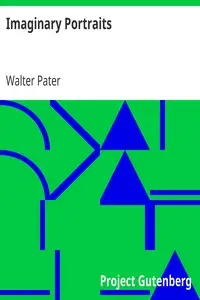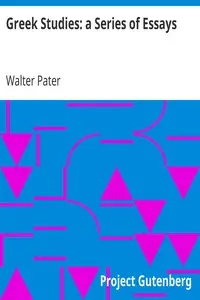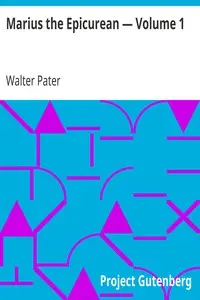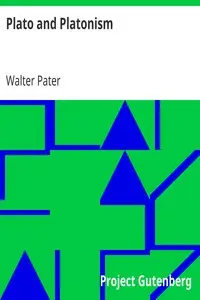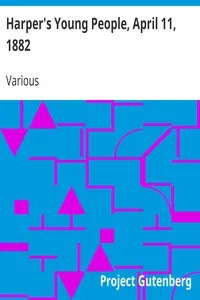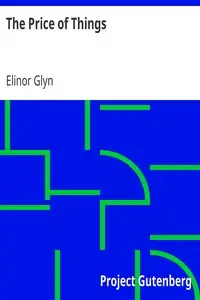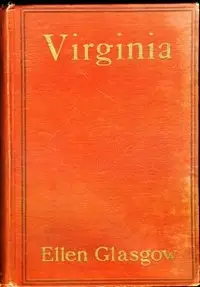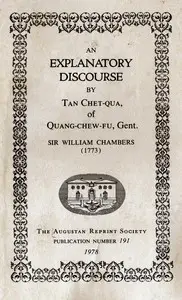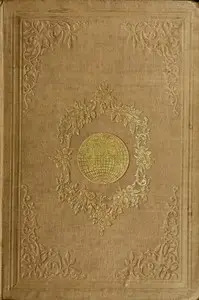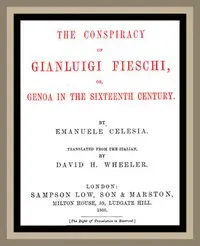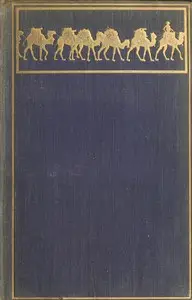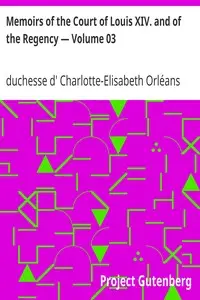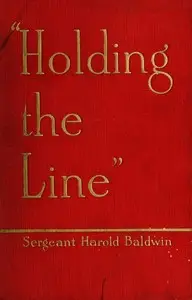"Imaginary Portraits" by Walter Pater is a collection of character sketches written during the late 19th century. The work explores the lives and artistic sensibilities of various historical figures and imaginary personalities, delving into their psychological and aesthetic complexities. The first chapter introduces us to Antony Watteau, a young painter whose journey from a modest life in Valenciennes to the artistic circles of Paris is filled with aspirations and emotional turmoil. The opening of "Imaginary Portraits" sets a reflective tone as it unfolds Antony Watteau's early life, revealing his artistic talents and inner conflicts. Initially depicted through the eyes of a narrator who is a close observer, we witness Watteau's struggles with self-doubt and his desire to escape his unremarkable origins. The narrative captures fleeting moments of joy and melancholy as he navigates his world, marked by interactions with his family and the vibrant energy of Valenciennes. As Watteau leaves for Paris, his hopes and fears are palpable, suggesting that his artistic path is fraught with both promise and potential heartache. The rich descriptions establish a vivid backdrop that invites readers into Watteau's life, hinting at the broader themes of aspiration, identity, and artistic expression that will resonate throughout the collection. (This is an automatically generated summary.)
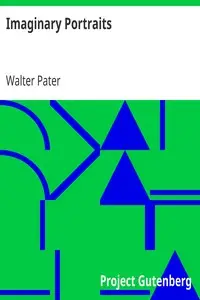
Imaginary Portraits
By Walter Pater
"Imaginary Portraits" by Walter Pater is a collection of character sketches written during the late 19th century. The work explores the lives and arti...
Genres
Released
2000-11-01
Formats
epub3 (images)
epub (images)
epub
mobi (images)
mobi
Free Download
Overview
About the Author
Walter Horatio Pater was an English essayist, art and literary critic, and fiction writer, regarded as one of the great stylists. His first and most often reprinted book, Studies in the History of the Renaissance (1873), revised as The Renaissance: Studies in Art and Poetry (1877), in which he outlined his approach to art and advocated an ideal of the intense inner life, was taken by many as a manifesto of Aestheticism.
Total Reviews
10.0k
Total reviews from Goodreads may change

